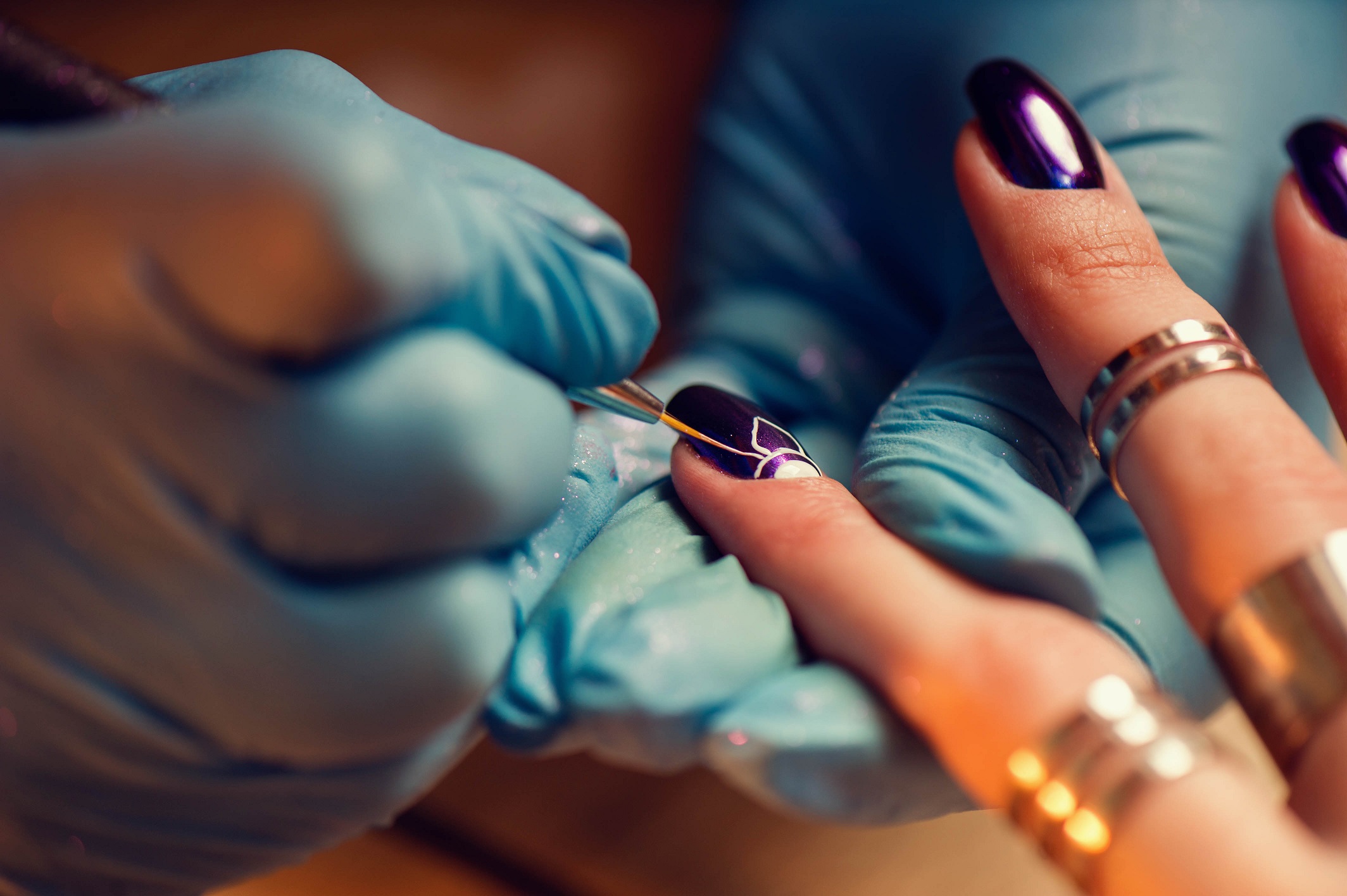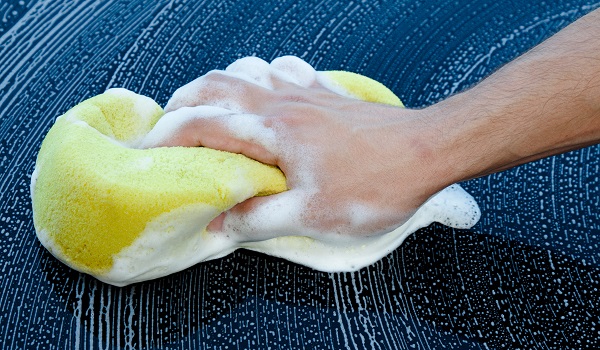Human trafficking and modern slavery

16,938 potential victims of modern slavery were referred to the Home Office in 2022, representing a 33% increase compared to the preceding year (12,706)*.
We've launched a national campaign to stop organised criminal gangs profiting from the exploitation of vulnerable individuals who are brought into the country illegally.
Criminal gangs can make vast amounts of money by bringing people illegally into the country using boats, small planes, and lorries. Once these individuals arrive, they are often exploited by criminals and can be forced to work for little or no money, often in poor conditions, and are often made to take part in criminal activity such as money laundering, cannabis cultivation, begging and shoplifting gangs, and the sex industry.
(*Source: Modern Slavery: National Referral Mechanism and Duty to Notify statistics UK, end of year summary 2022.)
Detailed, anonymous community information plays a major role in stopping people smuggling and modern slavery, and helping keep our streets and communities safe.
If you have any information involving potential victims of people smugglers, tell us what you know - you’ll remain 100% anonymous, which means that no one will know you told us.
Call 0800 555 111 or fill in our online form:
Modern slavery
Slavery in the 21st century takes a number of forms, including sexual exploitation, forced labour, domestic servitude, and criminal exploitation.

Often the victims are forced or compelled to work, controlled by an 'employer', usually through threats (both to victims and their families), coercion - through mental or physical abuse - abduction, fraud, and deception.
Criminals profit from the illegal activities that they force many of these men, women, and children to take part in. These criminals are often involved in other serious and organised criminal activities such as the drug trade, violence, and supply of weapons.
It can happen to men, women, or children of any age (78% of potential victims referred to the Home Office in 2022 were male, the remaining 22% were female, with the majority referred for labour exploitation), and it’s believed to be significantly under-reported, despite often happening in plain sight in public places. Victims are vulnerable and may not actually know they are being exploited.
Many of these vulnerable individuals are forced to work in cash businesses such as car washes, nail bars, takeaways, cleaning, or building work. They are often made to live in poor conditions, with limited food, have their passports taken away, and earn little or no pay. Some are forced into prostitution or made to work cultivating large-scale cannabis grows. These businesses are also often a front for money laundering.
What's the difference between modern slavery, human trafficking, and people smuggling?
Human trafficking is a form of modern slavery that involves the movement of people from one place to another for the purpose of being exploited. People can be trafficked within their home country or internationally. They may be trafficked as a result of threat, force, coercion, deception, and occasionally abduction for the purposes of sexual, labour, and criminal exploitation.

The terms ‘human trafficking’ and ‘people smuggling’ are often used interchangeably, but they are different things. People smuggling is where someone takes money to help another person travel to and enter another country illegally. People smuggling is not a form of modern slavery if the person is not brought to the UK with the aim of forcing or coercing them into exploitation. Someone who has been smuggled can be harmed by the experience and be at risk of being forced into modern slavery.
Organised criminal gangs bring vulnerable men, women, and children into the UK by land, sea, and air. They will use coercion, fraud, extortion, and bribery to transport their victims, who are often put at risk in order to turn a profit.
We can all help end modern slavery by being aware of signs to spot, for instance, the next time you go to a car wash site or a nail bar. Everything may be above board - but look out for:
- Showing signs of injury, abuse and malnourishment.
- They look unkempt, are often in the same clothing and have poor hygiene.
- Appearing to be under the control and influence of others.
- Living in cramped, dirty, overcrowded accommodation.
- They have no access or control of their passport or identity documents.
- Appearing scared, avoiding eye contact, and being untrusting.
- They may allow others to speak for them when addressed directly, rather than speak for themselves.
- They’re collected very early and/or returned late at night on a regular basis.
- May have inappropriate clothing for the work they are performing, and/or a lack of safety equipment.
- May be isolated from the local community and their family.
- They travel only with other workers.
What to do if you suspect modern slavery
If you have information on the criminals operating modern slavery networks, you can talk to us, as an independent charity, 100% anonymously - your identity will never be revealed.
Call 0800 555 111 to report people trafficking and modern slavery, or fill in our online form:
What to do if you are a victim of modern slavery
Due to our anonymity guarantee, we can't take information from victims of crime.
- If you think you or someone you have come across may be a victim of modern slavery and in need of help, you can contact The Salvation Army, who provide specialist support to adult victims of slavery, by calling their free 24-hour confidential helpline on 0800 808 3733.
- The UK Modern Slavery Helpline is available 24/7 to offer confidential advice and support for any victim, statutory agency, business, or member of the public regarding modern slavery suspicions or concerns. Trained Helpline Advisers are available to discuss potential signs of modern slavery and options for callers or victims in need. Call free on 08000 121 700.
If you have any information about the mistreatment of workers, labour providers operating without a licence or a business involved in modern slavery, you can contact Gangmasters & Labour Abuse Authority - call 0800 432 0804.